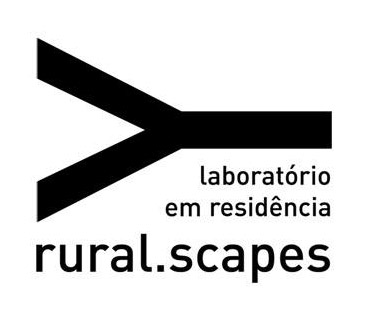Tatiana Travisani & De Co Nascimento
“Intimate Topographies (Topografias Íntimas): DeCo and Tatiana’s project is based on daily hiking excursions to collect materials of all kinds to let soundscapes emerge. As a starting point for their audio-visual compositions, mapping workshops will be offered, where local inhabitants will talk about and map their daily itineraries and turn them into cognitive maps, correlated with topographic drawings in order to convert these maps into different medialities. Manifold results are envisioned, such as a composite media installation and an audiovisual performance to happen during the open farm events.” Jury text
http://www.classicosdecalcada.net
“(..) Tatiana Travisani and De Co Nascimento also took a chance on listening as one of the pillars of their project, and on embracing disruption as a part of its vital force. Even though the starting point of their project dealt with the utilization of existing maps of the region (although, as every map, in a partial way), one of the main focuses pointed towards the creation of other cartographies which, far from intending to the achievement of a universal codification of the space, could enable the inscription of affective paths, of memories, of personal (and collective) traces, that would inscribe knowledge and wishes of the community about the territory. In addition, those maps and records were translated as visual marks, in the form of small perforations along paper strips, to be later transformed into melodies, played by small music boxes.
On the one hand, this process enabled the possibility of surpassing the perception of mappings and cartographies as practices merely anchored to visuality, when considering how a territory sounds –and not only how it looks. “To listen with your fingers, your back or your chin, to see with your feet, to explore noises with your articulations, how to valorize this transient mobility?” 3 On the other hand, I believe it is crucial to highlight the way these actions also dealt with listening to the space in a way that could open up to the collective –as opposed to a supposed individuality of the experience of a territory. Far beyond the sole creation of a collective composition built with melodies drawn by the workshops’ participants (that was in fact played for them in one of Fazenda Aberta’s events), a fundamental part of this process was based on knowledge and perceptions shared by the community, and on rehearsing ways in which they could mix into an open set – as opposed to the concept of the map as the imposition of an hegemonic, unequivocal and top-down power, that often determines the experience of a territory, even before actually exploring it.
Even though she prefers not to resort to the notion of translation to reflect upon her own work (..)”
text fragment “Listening processes at rural.scapes #labRes2016_2”
by Mariela Cantú – critic in residence.


